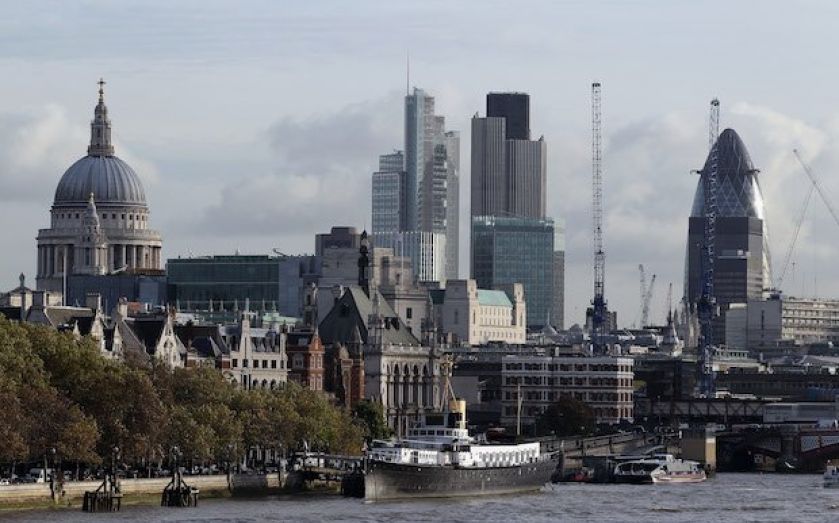City Matters: EU reform is possible – and it can safeguard the position of the City of London

GEORGE Osborne has made it his New Year’s resolution to reform the European Union to reverse the continent’s economic decline. His remarks, made in a speech last week, highlight the high stakes in Britain’s membership debate, and he is fundamentally correct in his assertion that “it is in no-one’s interests for Britain to come to face a choice between joining the euro or leaving the EU.” We have heard many times over the last year that the choice will come down to this if reform fails. That is why the only viable option is flying the flag for a reformed, more efficient EU that serves its citizens better.
Access to the Single Market is critical for the UK’s still fragile economic recovery. It is our biggest export market, and we rely heavily on the free trade of goods and people. It is true that trade with our other international partners in Asia and Latin America is growing, but this is not a zero-sum game in which we must pick between the EU and the rest of the world.
Additionally, a Confederation of British Industry survey found that 80 per cent of British businesses feel that leaving the Single Market would damage their business prospects. Exiting the EU while trying to maintain access to the Single Market would merely leave us subject to regulation without any say on it – a situation in which both Norway and Switzerland find themselves. This would have major implications for international firms based in the City.
We are not the only country that wishes for EU reform, and the idea of reform should not be treated as one monolithic, “all-or-nothing” opportunity to transform the EU forever or never change it at all. Europe has adapted throughout its history. But the EU will only continue to evolve to best represent the needs of its citizens if we work together, from within, to reform it where necessary – and avoid the temptation to throw the baby out with the bathwater. This means building alliances with like-minded member states to push the reform agenda forward.
In his speech, Osborne also revealed that the Prime Minister intends for EU reforms to include proposals to provide “cast-iron protections” for the City of London, to ensure that the EU cannot impose financial services legislation on the UK. We saw how this could work in practice when the banking union deal in December 2012 secured deeper Eurozone integration, while maintaining a level-playing field by establishing a carefully balanced voting system at the European Banking Authority. This is an example which perfectly demonstrates the multi-faceted opportunities available for reforming the EU.
Osborne is right that only a reformed EU can rise to the challenge of an increasingly competitive and globalised business environment. Europe is at its strongest when we work together; the alliances and partnerships that the UK can build – to trumpet the cause of reform with practical proposals – will ensure the EU is fit for the coming years and decades.
Mark Boleat is policy chairman of the City of London Corporation.